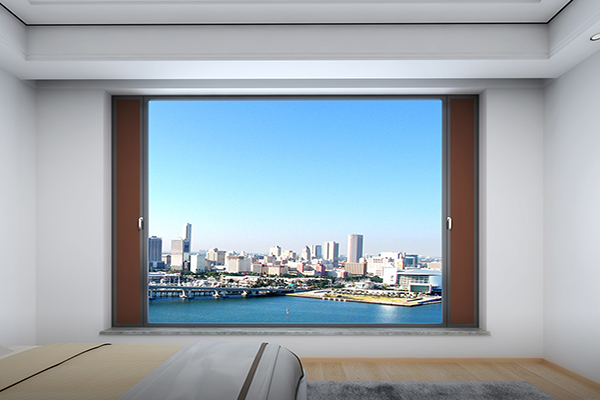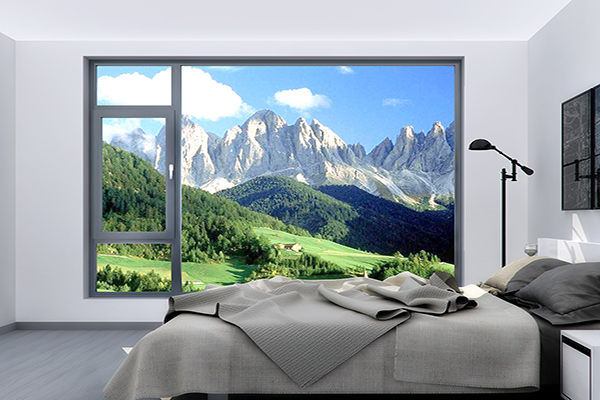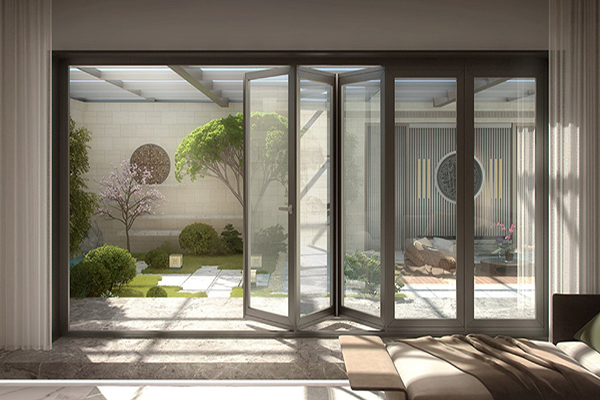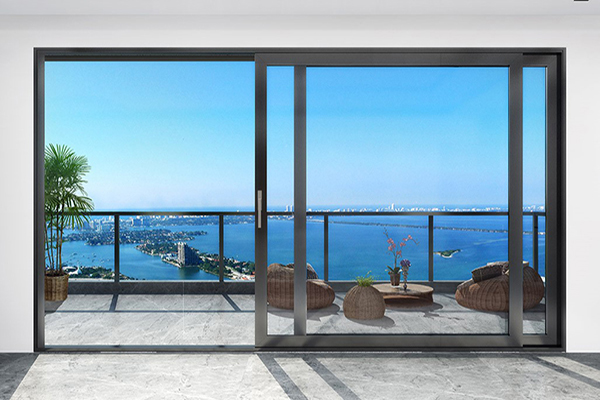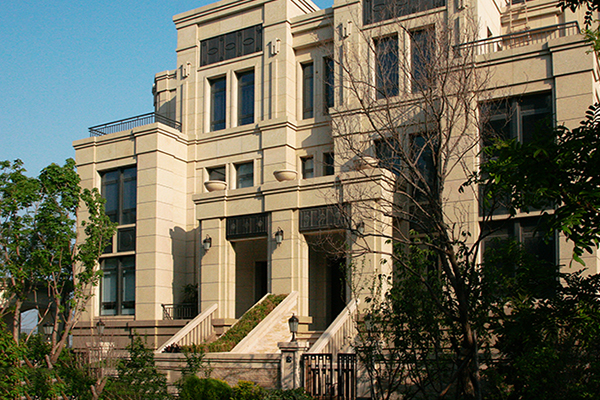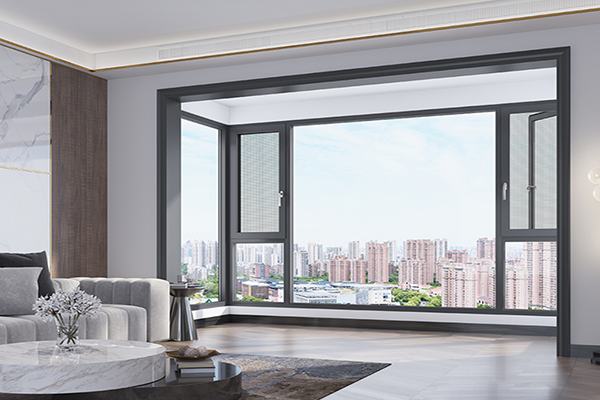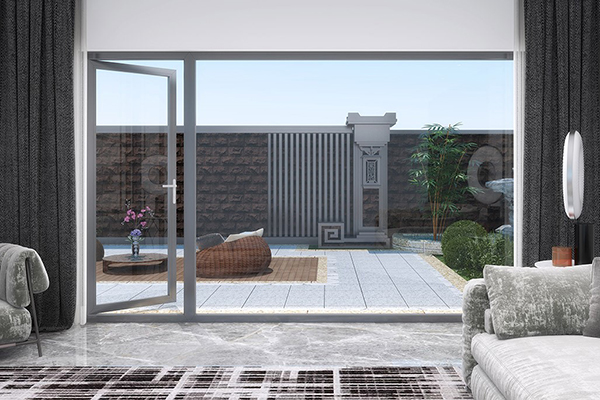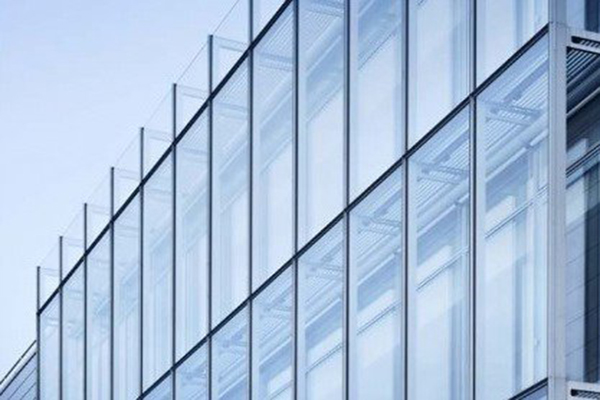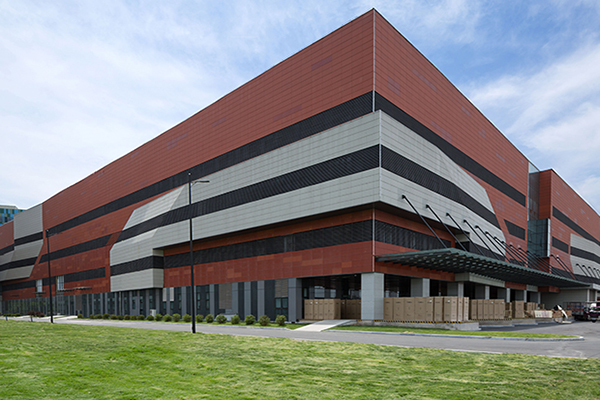Air Layer Thickness
In general, the greater the thickness of the air layer in the centre of the insulating glass, the better the sound insulation. This is because a thicker air layer provides more space for sound to be reflected and attenuated multiple times. For example, an ordinary double glazed insulating glass may have an air layer thickness of around 6 - 12mm, while some high performance insulating glass can have an air layer thickness of 15 - 20mm, which provides significantly greater sound insulation.
Layers and thickness of glass
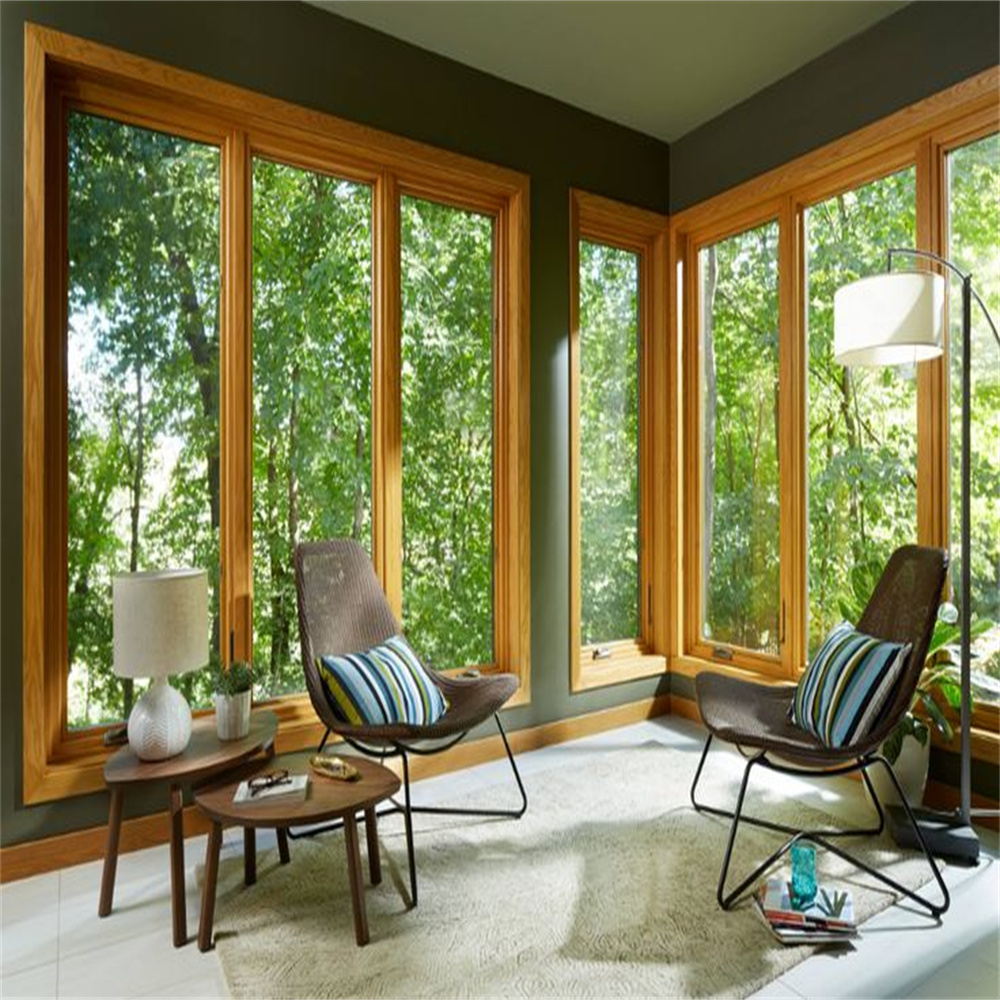
Increasing the number and thickness of glass layers can also help to improve sound insulation. A multi-layer glass structure provides more interfaces to reflect sound. And thicker glass is inherently better at blocking sound. For example, triple-pane insulating glass provides better performance in terms of sound insulation compared to double-pane insulating glass. At the same time, if the thickness of the glass is different, such as using an asymmetrical combination of glass thicknesses (e.g., a layer of 5mm-thick glass and a layer of 8mm-thick glass to form a double-pane insulating glass), sound can be effectively blocked over a wider frequency range.
Types of Gas Fill
The gas filling in the centre of the insulating glass can also affect the sound insulation. In addition to the common air, filling inert gases such as argon can improve sound insulation performance. Argon gas is denser than air and can more effectively impede the propagation of sound. When the sound propagates in argon gas, due to the quality and movement characteristics of argon gas molecules, the propagation speed of the sound wave and the way of energy transfer will be changed, making the sound attenuation faster, thus enhancing the sound insulation capacity of insulating glass.

